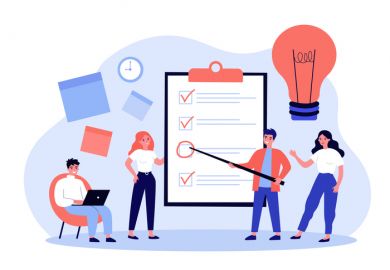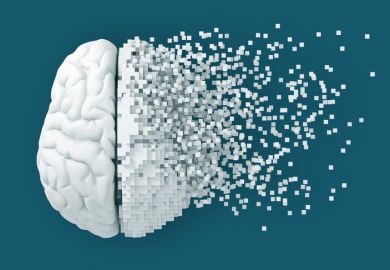It’s not difficult to find employers who complain that today’s graduates lack the necessary skills to succeed in the 21st century workplace. Indeed, according to a Bloomberg survey from four years ago, it’s not difficult either to find academics who agree – 56 per cent of them said graduates were ill-prepared for the world of work in some way (as did 65 per cent of businesses).
But what are universities supposed to do about it? Many have opted to provide modules on “transferable soft skills” – the teamworking, communication, organisational and leadership abilities that employers prize. Laudable though the intentions behind these initiatives may be, they are often dismissed as insubstantial add-ons – tokenistic efforts flimsily attached to student degree programmes. Do they really teach students to think and behave differently?
I suspect not. To meaningfully address the 21st-century skills gap, the answer isn’t to lay on additional modules or revise reading lists. A more radical and immersive approach is required – and one that encompasses social and emotional skills, as well as the practical and digital ones we hear so much about. Universities must do nothing less than overhaul their entire approach to teaching – to provide new ways of learning.
The key to equipping students with the right skills is empowerment and experience. By “empowerment”, I mean disabusing students of the notion that these skills are character traits or natural talents that they either have or don’t have and showing them, instead, that the skills can be learned provided the student has sufficient self-awareness and strong personal commitment. By “experience”, I mean giving students the opportunity to learn practically. Most of these skills are behavioural, so students need to practise them in real-life situations.
Empowerment and experience are the cornerstones of our curriculum at Forward College, a new institution whose students study in Lisbon, Paris and Amsterdam to gain a joint honours double degree awarded by the University of London. Alongside a rigorous academic curriculum, our students learn about the scope of cognitive, social, emotional and practical skills and how each may affect their own lives, careers and impact in the world. From day one, they are encouraged to honestly assess their strengths and weaknesses, to set out their life goals and work out how those align with their values.
Each student undergoes a 360-degree assessment, with feedback shared among teachers, teammates and friends. This generally triggers clarity and greater self-awareness about what goals students wish to set themselves, what progress they want to make and how they aim to achieve it (with the help of a personal coach). Some may wish to focus on their social skills, whereas others will focus on time management, critical thinking, teamwork or managing their emotions.
When it comes to experience, it’s crucial not only to provide students with real-life contexts but also to show them what they can learn from them – perhaps especially from their failures. Our students spend up to 10 hours a week working in teams on real-life projects. Every project must deliver concrete results and conform to particular themes. In the first year, the project needs to have a social impact and, in the second year, it should have a digital or technological dimension. In the third year, students must complete an internship or provide some consulting service to a company. This project work accounts for approximately 25 per cent of the degree programme.
Few universities these days are so insulated from the world that they don’t make some attempt to equip their students with employability skills. But ad-hoc modules that bear little relation to a student’s degree are too easily forgotten – especially if they aren’t road-tested.
To be effective, and to keep abreast of the rapidly changing world of work, a more fundamental approach is needed. Universities not only have to recognise the importance of social, emotional, digital and practical skills but also have to embed them to such an extent that they become an integral part of a student’s mindset. And that will only happen if we all empower students to take charge of their own development.
Boris Walbaum is founder and president of Forward College.
Register to continue
Why register?
- Registration is free and only takes a moment
- Once registered, you can read 3 articles a month
- Sign up for our newsletter
Subscribe
Or subscribe for unlimited access to:
- Unlimited access to news, views, insights & reviews
- Digital editions
- Digital access to THE’s university and college rankings analysis
Already registered or a current subscriber?








